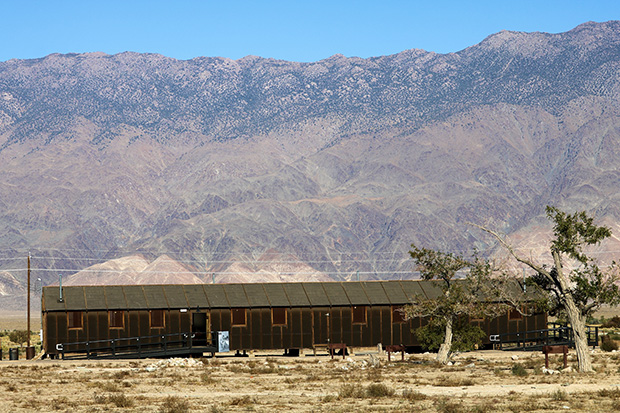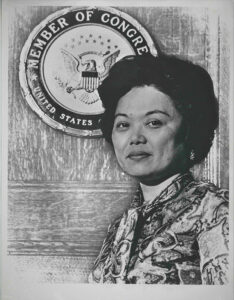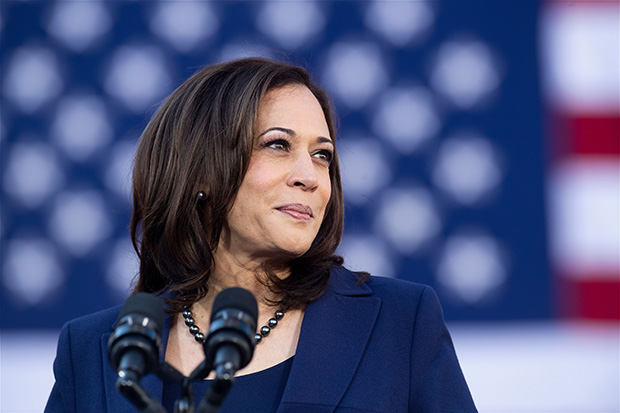 Although it’s May 2023, my memory draws me back to early March 2020. It was in the early days of my CWS sabbatical-turned-COVID-quarantine, and I was researching and reading loads. I was curious about how U.S. race-based immigration policies and definitions shifted with time and political circumstance, and its impact on migration patterns. One of the policies that really stuck with me was the Chinese Exclusion Act of 1882. What really stood out was the arbitrary nature of the Act and its subsequent policies. It reminded me of just how deep the roots of Asian American belonging really stretch. Of how Asian American experiences are a deep-rooted part of the past, present and future of the U.S. fabric—their joys and accomplishments, systematic oppression and discrimination of Asian American communities and continued struggles for justice and liberation. These communities, like many in the U.S., have always sought and made places here.
Although it’s May 2023, my memory draws me back to early March 2020. It was in the early days of my CWS sabbatical-turned-COVID-quarantine, and I was researching and reading loads. I was curious about how U.S. race-based immigration policies and definitions shifted with time and political circumstance, and its impact on migration patterns. One of the policies that really stuck with me was the Chinese Exclusion Act of 1882. What really stood out was the arbitrary nature of the Act and its subsequent policies. It reminded me of just how deep the roots of Asian American belonging really stretch. Of how Asian American experiences are a deep-rooted part of the past, present and future of the U.S. fabric—their joys and accomplishments, systematic oppression and discrimination of Asian American communities and continued struggles for justice and liberation. These communities, like many in the U.S., have always sought and made places here.

Housing barracks for Japanese Americans who were forced to live at Manzanar Internment Camp in California during World War II.
I’m recalling all these things as we celebrate May as Asian American, Native Hawaiian and Pacific Islander (AA and NHPI) Heritage Month where U.S. communities celebrate generational accomplishments, experiences and histories of Asian Americans, Native Hawaiian and Pacific Islanders. It was also the month of May in 1869 when the U.S. celebrated the completion of the first transcontinental railroad. The railroad, built by the expertise and labor of nearly 20,000 Chinese laborers that remained in the U.S. and built communities along the West Coast and beyond, yet due to the Chinese Exclusion Act of 1882, they and other Asian migrants were denied the rights of U.S. citizenship, family reunification and access to job opportunities. Like Chinese Americans, other communities traveled in the U.S. in the late nineteenth century to seeking a place to work, grow and thrive. Japanese Americans joined and built communities along the West Coast and Hawaii yet over 120,000 were forcibly relocated and interned in concentration camps in Hawaii and the Western interior after the Pearl Harbor bombing, due to the U.S. government’s distrust and racist paranoia. After a series of lawsuits and community advocacy efforts, the U.S. government issued a formal apology and $20,000 in reparations to Japanese Americans internment survivors in 1991.

Representative Patsy Mink, an attorney and the first Asian American woman elected to Congress representing the state of Hawaii.
I sat with this in early 2020, reading about the impact of immigration policies, The Great Migration and parallel experiences of how discriminatory practices made for constant struggles for full personhood, recognition and community making, and how it remains a struggle for newcomer communities. I thought about how some things are same, while others different as Asian American diasporas continue to grow and expand, over the years including Vietnamese, Lao, Hmong, Rohingya, Bhutanese, Burmese, Afghan American and other burgeoning communities. Each community built from people fleeing conflict or a lack of opportunity, or seeking education and arriving in the U.S. seeking safety and an opportunity to learn, work, create, raise families and ultimately thrive. It’s heartening to see first, second, third and fourth-generation communities stepping into to community support to newly arrived Afghans or newcomers from other parts of the world, helping them learn English, find a job, learn to drive or furnish a home.
One hundred years after the transcontinental railroad was complete, Jeanie Jew’s dream of recognizing the work of her great-grandfather and that of thousands of other Chinese and AA and NPI Americans. A fourth-generation Chinese American, Jew spent nearly 15 years advocating for a heritage month that honored her ancestors and millions of others like him. This month we’re reminded that there’s so many monumental and everyday wins to celebrate for AA and NHPI communities, whether its Vice President Kamala Harris as the first Black and South Asian U.S. Vice President, Representative Patsy Mink, an attorney and the first Asian American woman elected to Congress representing the state of Hawaii or an Afghan American newcomer who passes a driver’s license test.
And, that there’s a continued struggle to ensure that there is equity, justice, safety and full access to services and support communities need to grow and thrive. May 2023 reminds me that I have a lot more to learn about and from AA and NHPI community members, and all the brilliant and courageous ways that Asian Americans fought for equality and justice and the contributions and struggles that bind that fabric of U.S. history, culture and life. And I seek to do this through my work as diversity, equity and inclusion work in CWS’ U.S. and global offices.
As an organization, CWS is proud to support AA and NHPI communities in all goals through its advocating for an end to racism and targeted violence towards Asian American communities, increased access to U.S. refugee admissions and resettlement for displaced communities in Asia and elsewhere and centering the needs and lived experiences of Asian Americans receiving services and support in the U.S.
Halima Adams is the Director for Diversity, Equity and Inclusion at CWS.

